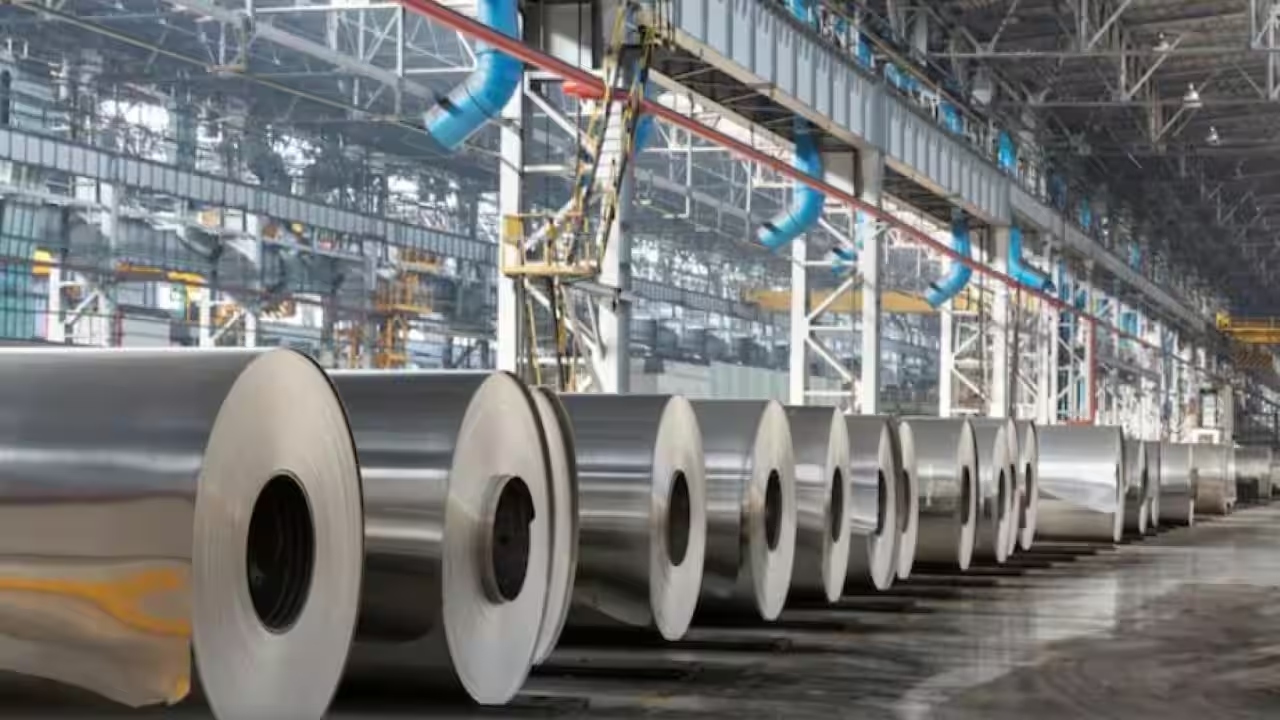India–US Trade Tensions Rise Over Steel and Auto Tariffs NMDC Limited reports a 38% drop in Q4 FY24 consolidated net profit RINL to Raise $23 Million Through Land Sales Amid Crisis

India became a net importer of steel for the fourth time in the previous year, posing a serious threat to the country's steel industry. This move has raised worries among industry stakeholders, leading to proposals for tariff modifications and legislative interventions to counter the flow of imports.
In a recent report, the Union Steel Ministry stated that the country's steel imports increased significantly, resulting in a trade deficit in the industry. Imports increased to 587,000 tonnes in July alone, outpacing exports by 74,000 tonnes. This disparity draws attention to the increasing reliance on reasonably cost steel, mainly from China and South Korea.
The Indian Steel Association (ISA) has expressed apprehension over this trend, signalling its intention to address the issue with the government. Alok Sahay, the ISA's secretary general, emphasised the urgent need for policy adjustments to counter trade imbalances effectively. Sahay highlighted the limitations of India's existing "lesser duty" regime, which necessitates a minimum 15-month period for implementing trade-related actions, leaving the country vulnerable to such situations.
To mitigate the impact of surging imports, industry leaders are advocating for imposing tariffs, non-tariff barriers, and reevaluating free trade agreements. These measures aim to protect domestic steel producers and support indigenous production capabilities.
ISA’s data shows that during April-July of FY24, India witnessed a 63% surge in Chinese steel imports compared to last year. Meanwhile, steel imports from South Korea saw a marginal decline of 4%. Incidentally, ISA sources its data from the Joint Plant Committee (JPC), a government-empowered entity responsible for collecting statistics on India’s iron and steel industry.
The steel sector's plea for tariff adjustments underscores the significance of maintaining a balanced trade environment to safeguard India's industrial interests and promote self-reliance in the steel industry. As stakeholders engage in discussions with policymakers, the focus remains on implementing timely measures to address the challenges posed by the surge in steel imports and bolster the resilience of India's steel sector.
Also Read : Govt infra push steers steel demand to 221-275 MT by FY34: report Pig iron production dropped 5% y/y in March globally